So it is the last Wild Fact of the week dedicated to the venomous creatures of the earth. I had mentioned that you wouldn’t be able to guess today’s poisonous animal. I will be very surprised if anyone thought it would be one of our flying, feathered friends. That’s right! The Hooded Pitohui actually contains venom. So do we have to be worried about death from above? We will get to that in a second. Where is the fun in telling you all the facts right up front? We need a little bit of suspense to keep you interested.
The Hooded Pitohui can be found in Papua New Guinea and was the first documented poisonous bird. Researchers were studying these little song birds back in 1989 and noticed that after being scratched by the pitohui they would feel numbness and irritation. Eventually, they clued in that perhaps this bird was actually poisonous. The funny part about this is the fact that the locals in the area had known that for years and would rub the meat in charcoal before consuming it.
So just how poisonous is the hooded pitohui? Well the birds feathers and skin contain the exact same poison that is found in the slightly more famous “Poison Dart Frogs”. This chemical is actually the most powerful natural toxin known to man. In fact, researchers injected some of this neurotoxin into a mouse and it died instantly. For the most part these birds will cause numbness and tingling, sneezing and other minor symptoms when touched. Serious side effects such as paralysis and death would occur if you came in contact with a higher quantity of this poison.
Interestingly enough, not all of the birds contain the same amount of toxin. In some instances the researchers would sneeze and exhibit the symptoms just by being close to some of the birds while at other times nothing would happen. This indicates that the birds are obtaining their poison from an external source. In this case the pitohui acquires their toxin from their food source, the Choresine Beetle. It seems that insects are always causing problems in this world, eh? This natural toxin offers incredible protection against predators since nobody in their right mind would want to eat something that could possibly kill you.
I hope you all enjoyed the week of Poisonous Wild Facts! Have a great weekend!
**EDIT – As a request from one of my faithful readers, I have included a sound clip of the Hooded Pitohui below.**

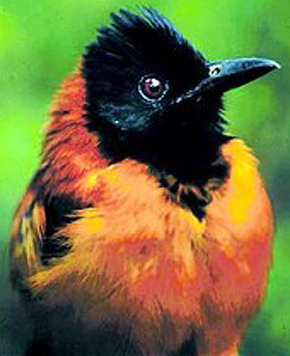

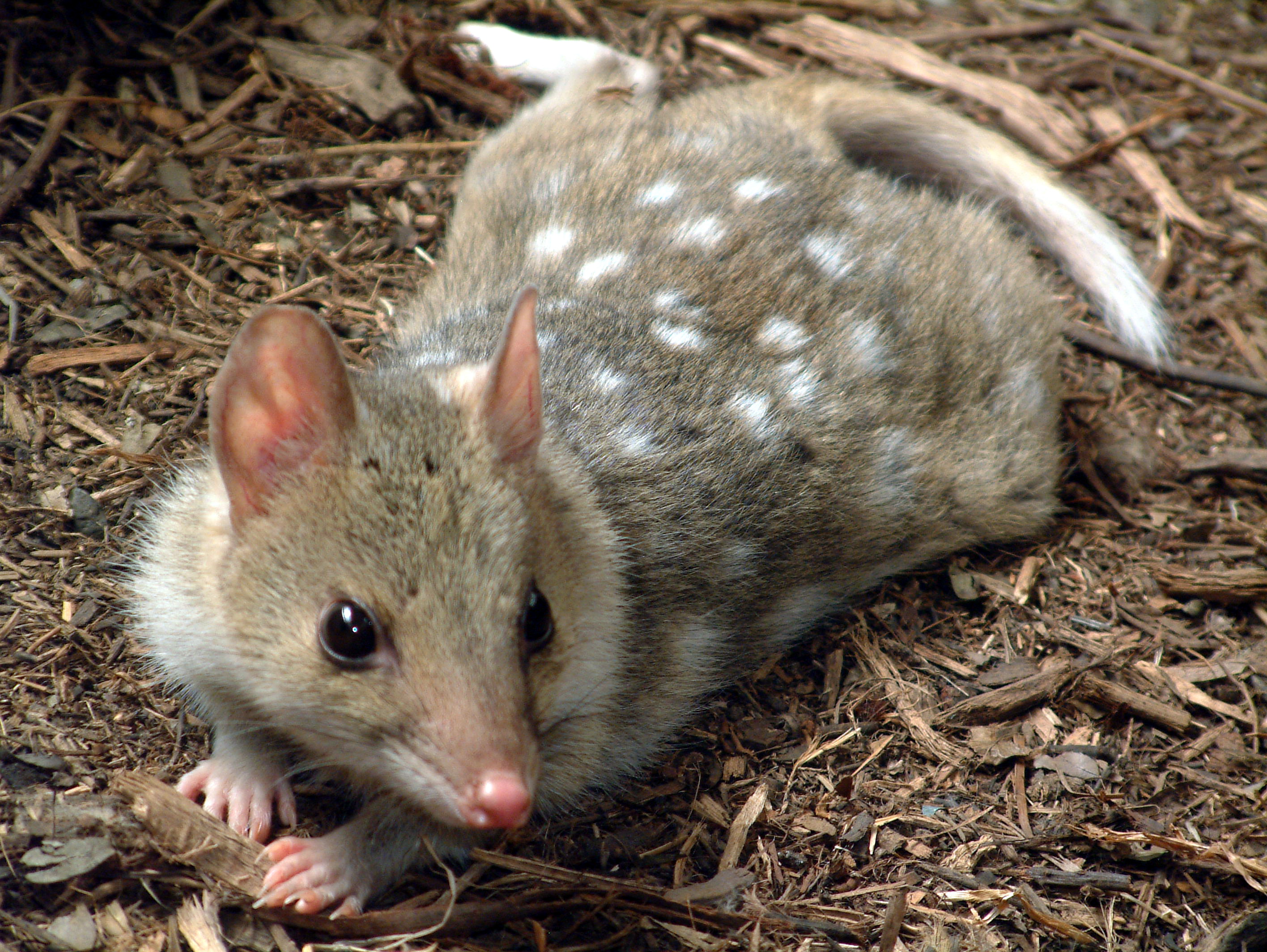
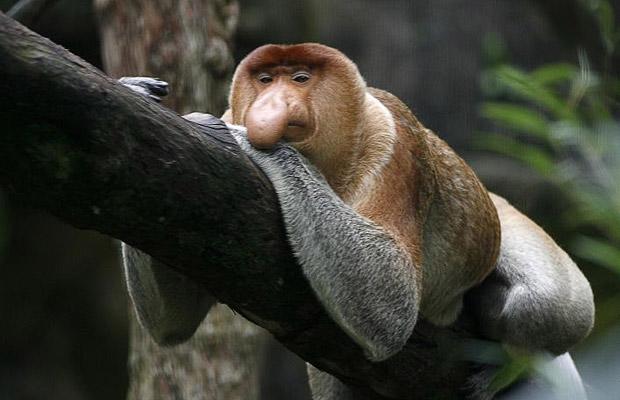
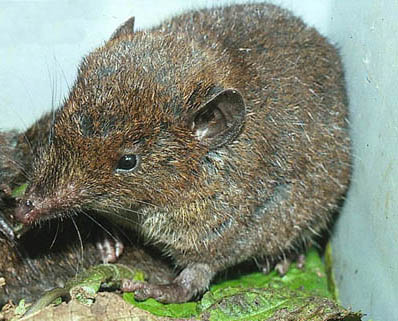
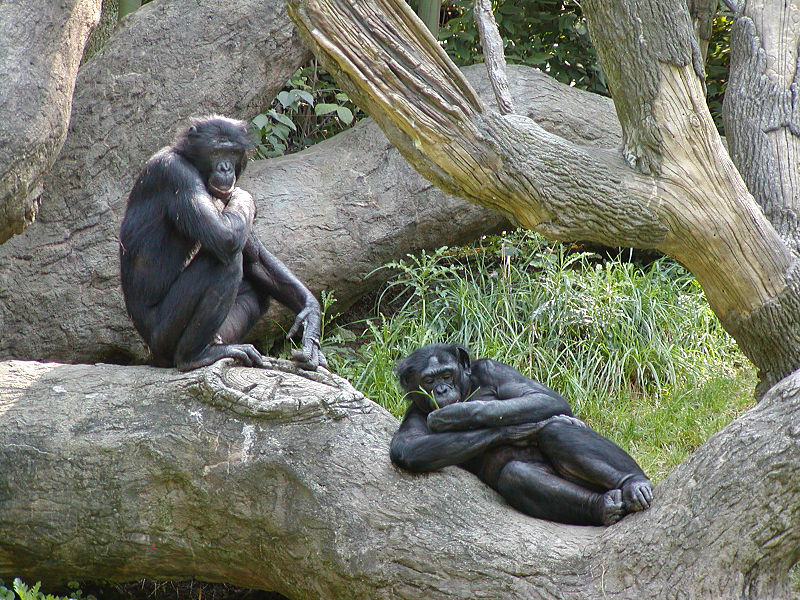
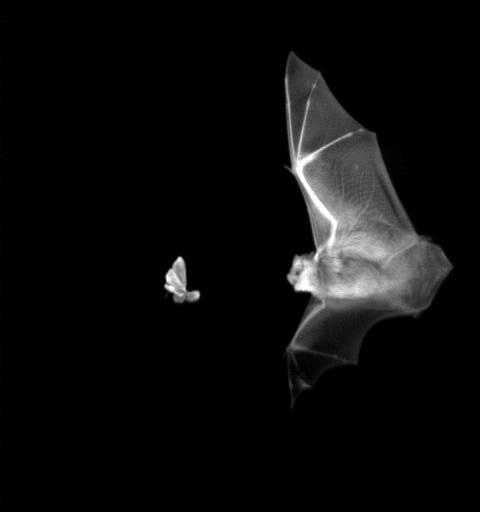
I can’t imagine eating song birds – poisonous or not!
Thanks for another interesting week Nathan…have a great w/end.
hahaha! Perhaps it tastes like chicken! I can’t say eating song birds is high on my list but they might be tasty.
Have a great weekend Aunt Linda!
Do you happen to have a video of the sound it makes or the song it sings?
It wasn’t able to find a decent video on the Hooded Pitohui, however, I did manage to track down a sound clip. The clip has been added to the post.
Enjoy!
@Nathan, Thanks, it looks exotic, with a beautiful sound. Innocent looking lethal bird.
It definitely appears innocent, eh? Although, I don’t think I have had the pleasure of seeing a songbird that didn’t look innocent.
The good news is this bird won’t do too much harm to us in most cases.
I won’t be eating THAT bird anytime soon! Pitohui is the sound I’d make spitting it out if I were to ever accidentally capture it during one of my frequent visits to New Guinea (which I take in my imagination).
Hey Sparkle,
It was just brought to my attention that my response to your comment was not properly posted. I wish I could remember what I had originally said but I am afraid my memory is not that good.
I am wondering if I have ever seen you in New Guinea? I often take trips there in my imagination as well. As well, I don’t blame you for not eating that bird. I don’t think I would even go close to that little guy!
Thanks for stopping by and making me laugh with your “Pitohui” pun!!
wow i had no idea that a bird could be poisonnous
Hi Hailey,
It took quite awhile before anybody knew for certain that there were poisonous birds out there. I think this makes it that much more interesting.
Thanks for stopping by today!
Just a query..How come the poison toxin from the choresine beetle does not harm such pitohui birds?Does that mean they are immune to it?
Hi Poltergeist,
Thanks for the great question. Throughout evolution the Pitohui birds have developed an immunity to the toxic poison of the Choresine Beetle.
I find it fascinating that not only are they immune to it but they are able to use this beetles’ chemical as a defence mechanism. It is similar to the Monarch Butterfly that feeds on the toxic Milkweed plant in the larvae form. As they turn into adults they carry this poison with them and use it as a defence mechanism.
You have to love nature!
Thanks again for your question.